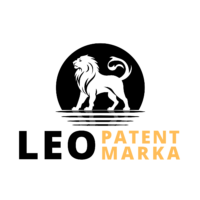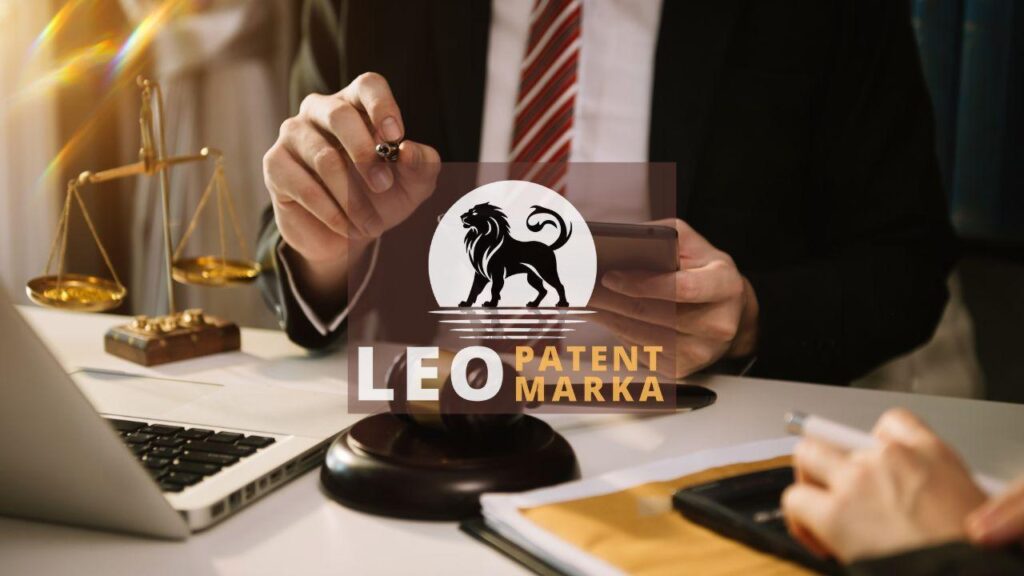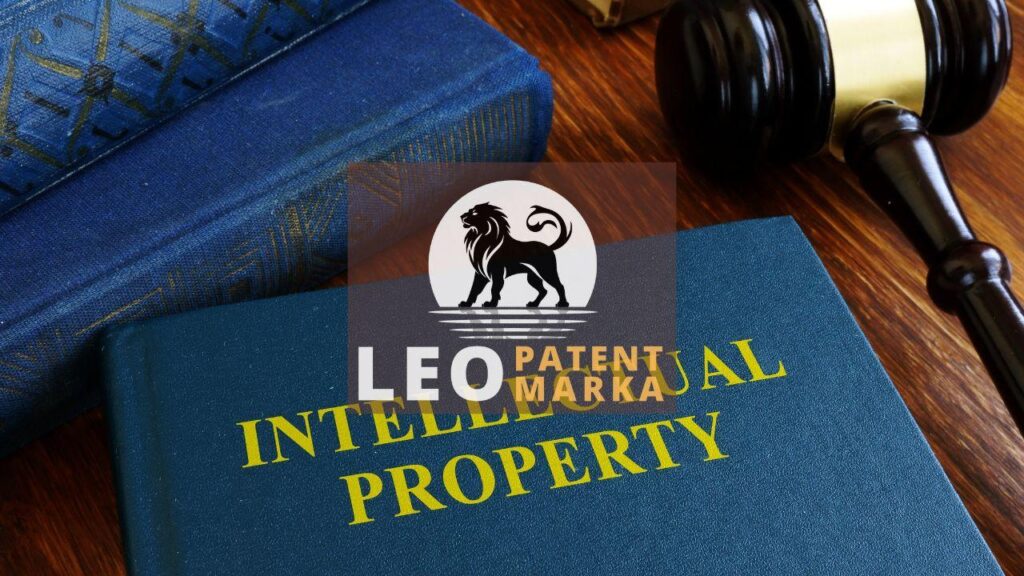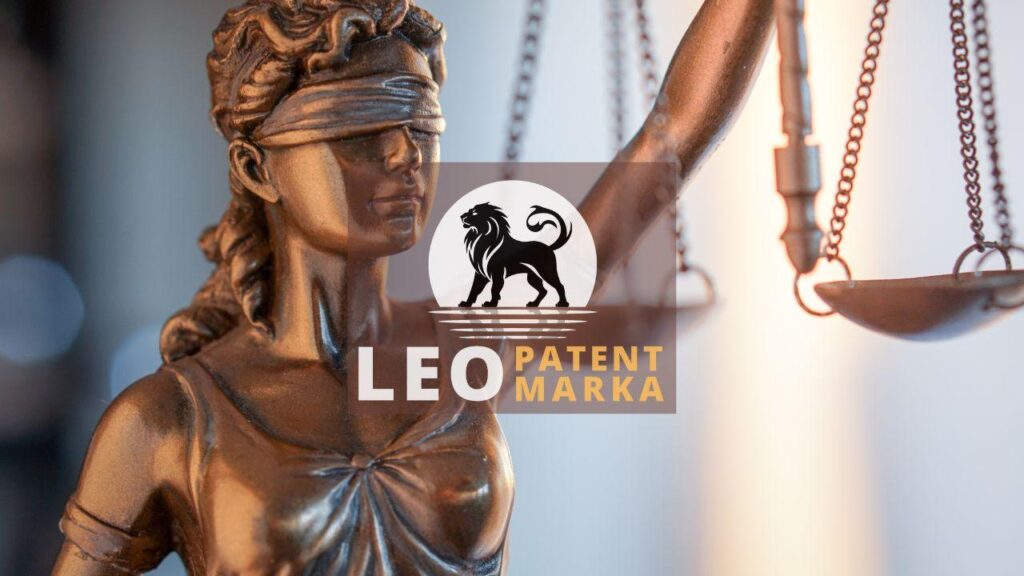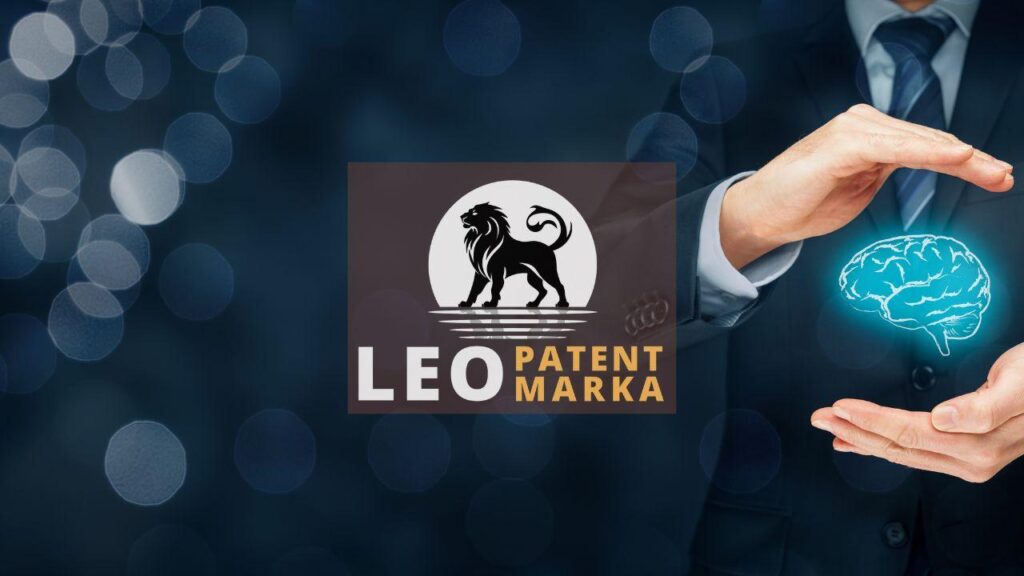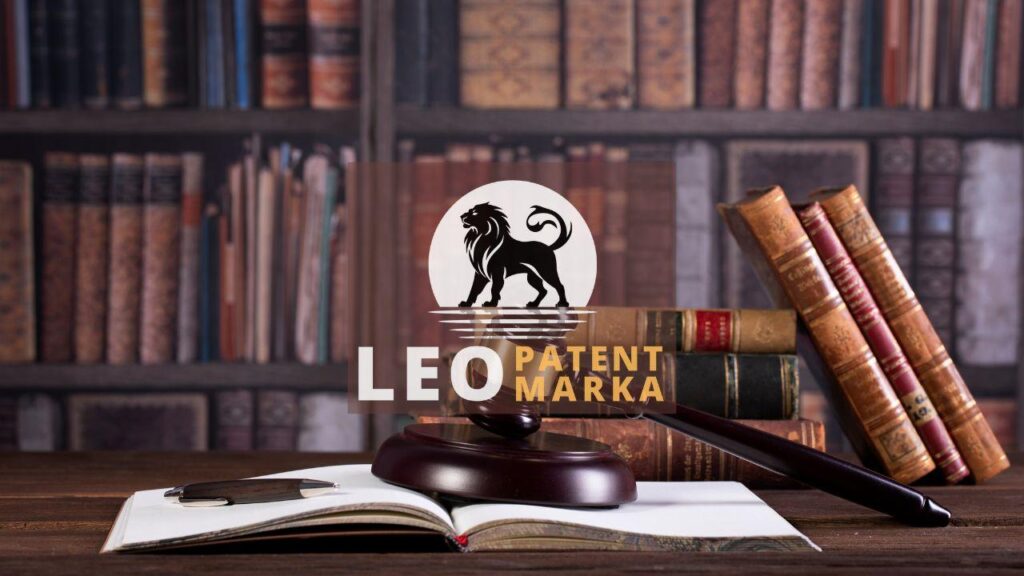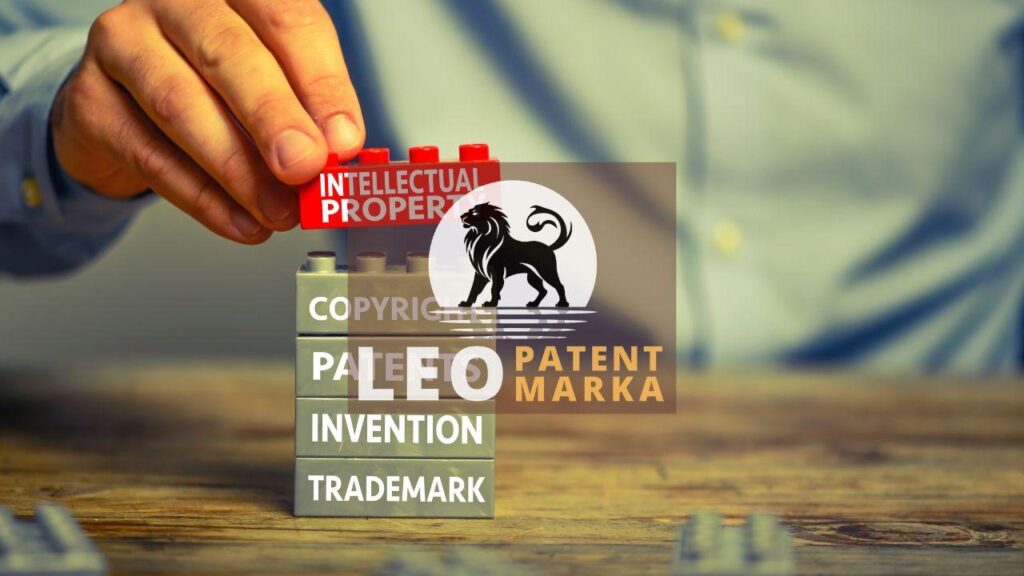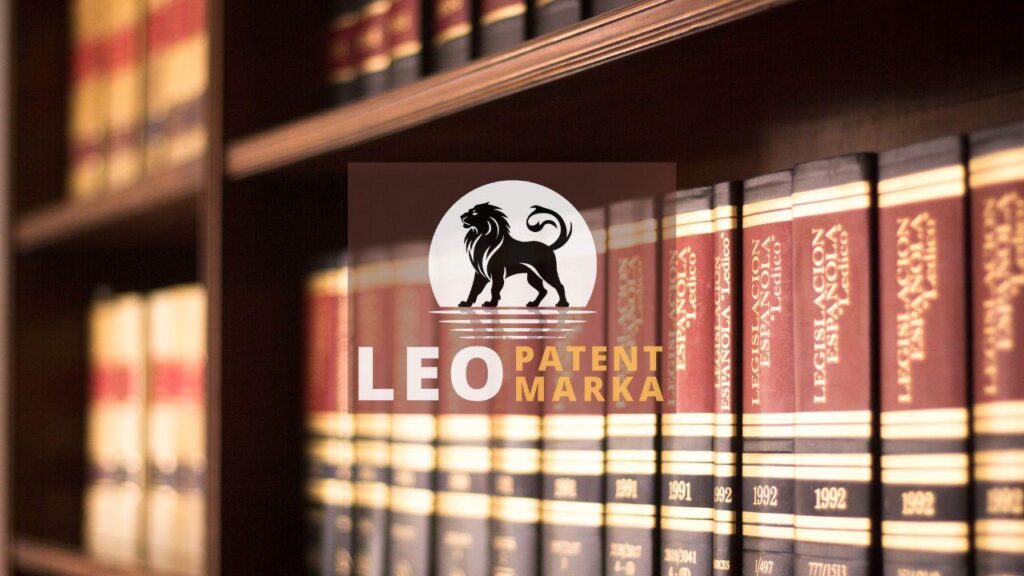In today’s fast-paced and innovation-driven market, the ability to transfer patents efficiently and legally can be a crucial aspect for businesses aiming to maintain a competitive edge. At Leo Patent, we understand the complexities involved in patent transfer procedures within the Turkish legal framework. Our expertise encompasses a deep understanding of the regulatory requirements and best practices to ensure a seamless transition of patent ownership, whether through assignment, licensing, or other legal mechanisms. This comprehensive guide will walk you through the essential steps and considerations for transferring patents in Turkey, safeguarding your intellectual property rights and optimizing your strategic business operations.
Legal Framework and Requirements for Patent Transfers in Turkey
Under Turkish law, the primary regulation governing patent transfers is the Industrial Property Code No. 6769, which stipulates that patent rights, like other intellectual property rights, can be transferred through assignment or licensing agreements. To ensure the legal validity and enforceability of a patent transfer, the assignment must be executed in writing and signed by both the assignor and the assignee. Additionally, the transfer must be registered with the Turkish Patent and Trademark Office (TURKPATENT) to be effective against third parties. This registration involves submitting a request along with relevant documentation, including the assignment agreement and proof of payment of the official fees. Failure to follow these legal requirements can result in the transfer being considered null and void, thus jeopardizing the intended protection and commercialization of the patent.
A critical element in the patent transfer process in Turkey is the due diligence phase, where both parties thoroughly examine the patent’s status and the legal implications of the transfer. This involves conducting a comprehensive review of the patent’s validity, freedom to operate, and potential encumbrances, such as existing licenses or third-party claims. The assignor must disclose any legal proceedings or disputes related to the patent, while the assignee should verify that the patent is in good standing, with all maintenance fees paid and no lapses in protection. At Leo Patent, we provide meticulous due diligence services to ensure that all aspects are duly considered, thereby mitigating risks and facilitating a smooth and legally compliant transfer process. By addressing these critical steps, businesses can confidently move forward with their patent transactions, securing their innovations and strengthening their competitive position in the market.
Post-transfer, it is equally important to update all relevant records to reflect the change in ownership and ensure that the transferor relinquishes all rights and obligations tied to the patent. The new owner must also be vigilant about maintaining the patent post-transfer, ensuring that all subsequent annuity payments and necessary filings are timely managed. Any agreements made with third parties, such as licensing contracts, should be revisited and renegotiated if needed to reflect the new ownership structure. At Leo Patent, we guide our clients through these subsequent steps, ensuring that the transition of the patent is fully recognized and sustained under Turkish law. By offering tailored advisory on post-transfer obligations and monitoring critical timelines, we help our clients preserve the integrity and value of their intellectual property portfolio following the transfer.
Key Challenges and Best Practices in Patent Assignment
One of the key challenges in patent assignment involves navigating the intricate legal and procedural requirements set forth by Turkish intellectual property law. Ensuring that all documentation is meticulously prepared and correctly executed is paramount to avoid any potential disputes or delays. It is also essential to conduct thorough due diligence to verify the patent’s validity and any existing encumbrances. At Leo Patent, we advocate for clear and comprehensive agreements that outline the rights and obligations of both parties. Employing our best practices, such as retaining skilled legal counsel and using detailed assignment contracts, can significantly mitigate risks and facilitate a smooth transfer process.
Another significant challenge is ensuring compliance with the Turkish Patent and Trademark Office (TPTO) requirements. The TPTO mandates that all assignments must be registered to be legally effective, which involves submitting a detailed application, accompanied by the original assignment agreement and proof of payment of the applicable fees. Failure to adhere to these requirements can result in the assignment being deemed invalid. Additionally, understanding and navigating potential tax implications, such as stamp duty, is crucial to avoid unforeseen costs. At Leo Patent, we streamline the entire registration process, leveraging our expertise to ensure all documentation is properly submitted and deadlines are met, thus safeguarding your intellectual property and business interests.
Lastly, international aspects of patent assignment can pose unique challenges, particularly for businesses engaged in cross-border transactions. Differences in patent laws, enforcement mechanisms, and registration requirements between countries must be meticulously considered to ensure the global enforceability of the assigned patent. Translating documents into Turkish and ensuring compliance with both local and international legal standards can be complex and time-consuming. At Leo Patent, we utilize our network of international affiliates and our extensive knowledge of global intellectual property frameworks to provide comprehensive support for international patent assignments. By addressing these multifaceted challenges, we help our clients secure their intellectual property rights worldwide, thus enabling them to confidently expand their market presence.
Strategic Considerations for Businesses in Patent Transfer Transactions
When undertaking a patent transfer in Turkey, businesses must weigh several strategic considerations to ensure the process aligns with their long-term objectives. First and foremost, companies should conduct thorough due diligence to verify the validity and enforceability of the patent in question. This includes assessing the patent’s geographical coverage, checking for any pending legal disputes, and evaluating its relevance to current and future business plans. Additionally, understanding the financial implications—such as royalty rates, licensing fees, and potential tax liabilities—is critical. Engaging in a detailed valuation analysis can provide insights into the patent’s market potential and overall worth, thereby aiding in informed decision-making.
Furthermore, confidentiality is a paramount concern throughout the patent transfer process. Ensuring that sensitive information related to the patent and the respective business operations remains secure is essential to prevent any unintended competitive disadvantages. Non-disclosure agreements (NDAs) should be meticulously drafted and signed by all parties involved in the transaction to protect proprietary information. Additionally, it’s advisable to consider the potential impact on existing business relationships, including supplier agreements, partnerships, and customer contracts, which may require renegotiation post-transfer. By proactively addressing these factors, businesses can mitigate risks and foster a smoother transition, ultimately supporting their strategic goals and maintaining robust intellectual property portfolios.
Finally, it is vital for businesses to engage experienced legal counsel and intellectual property consultants, such as those at Leo Patent, to navigate the complexities of patent transfer transactions. Expert guidance can help in drafting comprehensive transfer agreements that clearly define the rights and responsibilities of all parties involved. Robust legal documentation ensures that the transfer is compliant with Turkish IP laws and regulations, thereby minimizing the risk of future disputes. Moreover, timely registration of the transfer with the Turkish Patent and Trademark Office is crucial to making the transaction legally binding and enforceable. Our team at Leo Patent can assist clients at every step, from initial negotiations to the final registration, ensuring a seamless and secure transfer process. By leveraging specialist knowledge and a meticulous approach, businesses can secure their intellectual property assets and fortify their competitive positioning in the market.
Disclaimer: This article is for general information purposes only and it is recommended that you consult experts and companies in that field to evaluate your specific situation. We are not responsible for any damage that may arise from the use of the information in this article.
